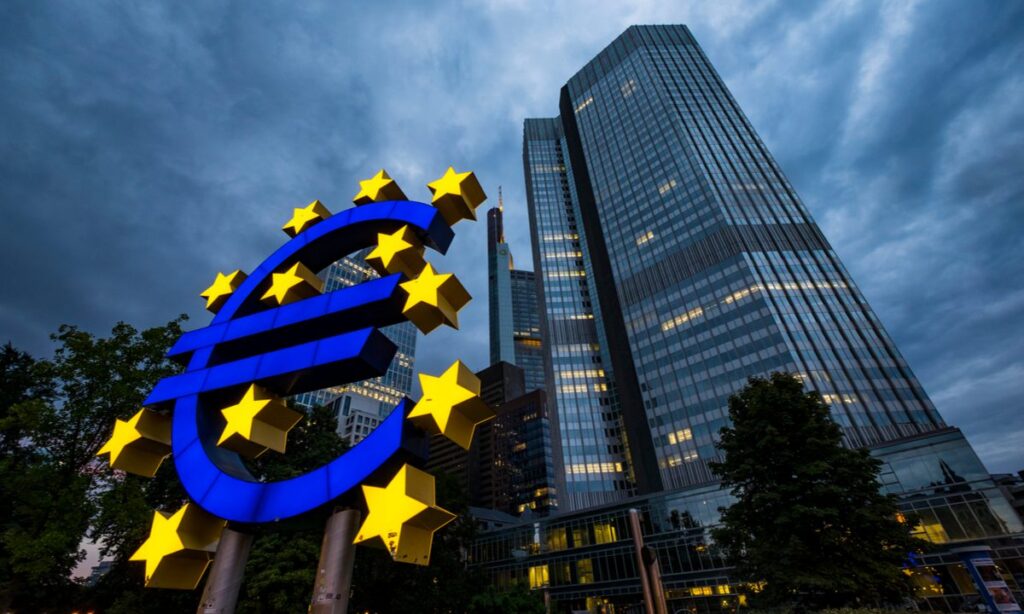European Central Bank governors have warned about threats linked to shadow banking.
In an interview with the Financial Times published on Wednesday (July 10), Elizabeth McCaul said that the expansion of hedge funds, private credit providers and other sources of funding outside the regulated banking system are the biggest threats to Europe’s financial environment.
“There are certainly warning signs ahead of us,” McCaul said, “most notably in the area where we are least certain and where things could move faster than normal credit trends: the non-bank financial intermediation markets.”
Citing European Commission data, the report showed that non-banking organisations in the European Union, known as “shadow banks”, held $46 trillion in assets last year, compared with $41.1 trillion held by traditional financial institutions.
According to data from the Financial Stability Board, these groups will hold $218 trillion in 2022, just under half of the world’s financial assets.
Mr McCaul told the Financial Times that the industry’s growth since the global financial crisis has been “spectacular” and “always worries us”.
“This is outside the scope of banking supervision and regulation,” she said, noting that vague links between the industry and banks through repurchase agreements, credit lines and derivatives raised concerns about “how this could affect systemic risk.”
Her comments came after European Banking Authority President José Manuel Campa said on Tuesday (9 July) that the regulator was considering reporting requirements for non-bank financial institutions.
Kampa said the sector’s rapid expansion has led to a lack of transparency and could spread problems across financial markets.
“My view is that if we create a map, it will make it harder to identify information,” Kampa said, as reported by Reuters. “It will create a black hole because there is currently no regulatory reporting requirement.”
Also on Tuesday, PYMNTS noted that as regulators turn their attention to the shadow lending sector, traditional financial institutions are beginning to act more like neobanks.
“Open banking is poised to transform financial services in the U.S., and in contrast to the approach seen in Europe, the approach is market-driven rather than government-led,” the report said. “The series of announcements highlights digital innovations that are changing the way accounts are opened and combining them with services beyond direct deposit.”
In other words, the long-standing practice of visiting a branch to open an account or add a new service is becoming increasingly dependent on digital workflows, PYMNTS continued.
Read more: banking regulation, banks, banks, EMEA, European Central Bank, European Commission, Financial Stability Board, neobanks, news, non-banks, PYMNTS News, regulation, shadow banking, shadow banks, trending news
Source link



